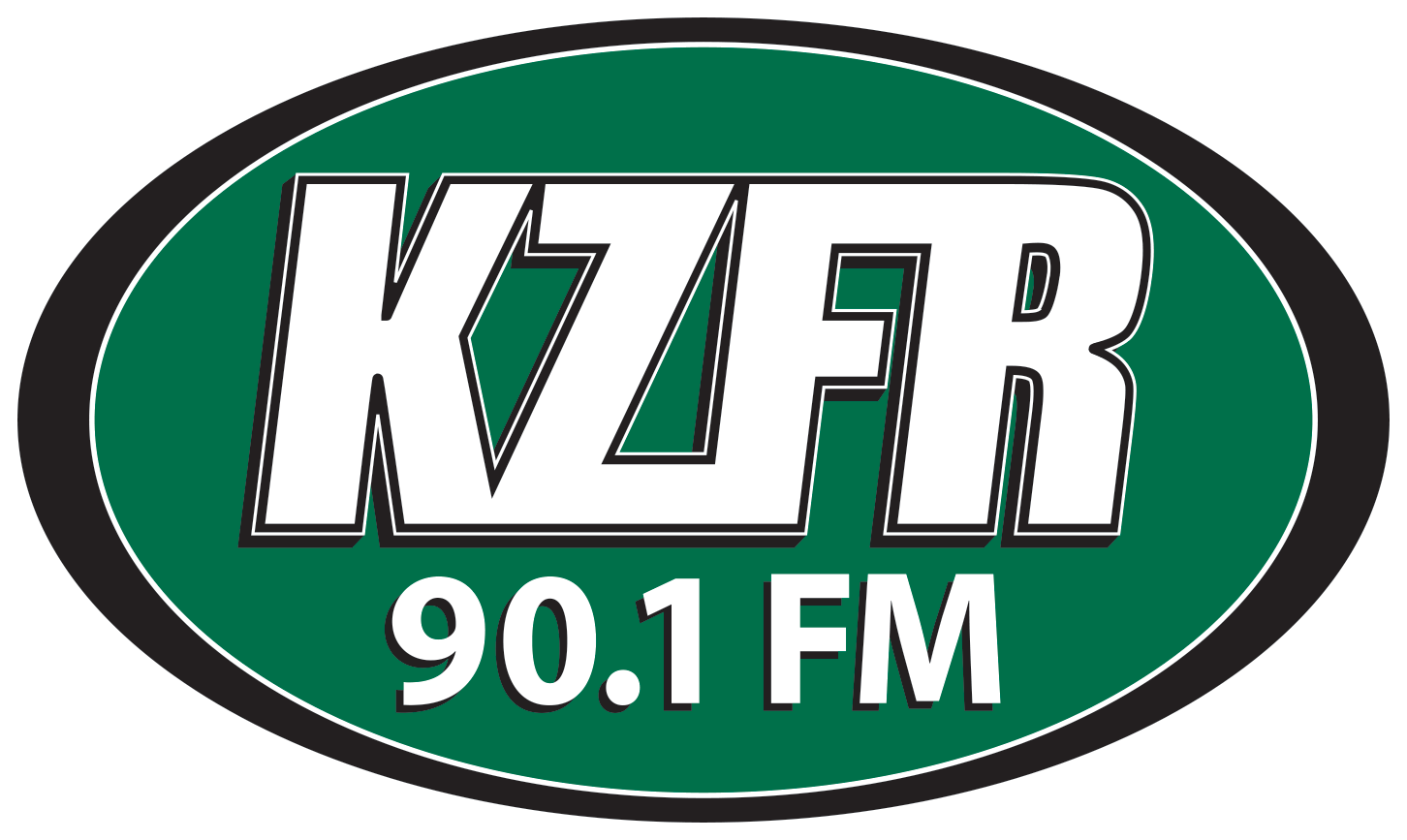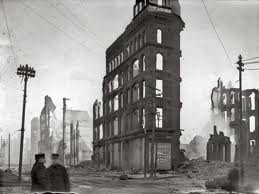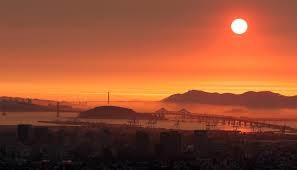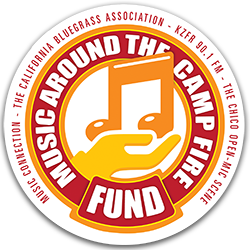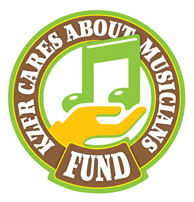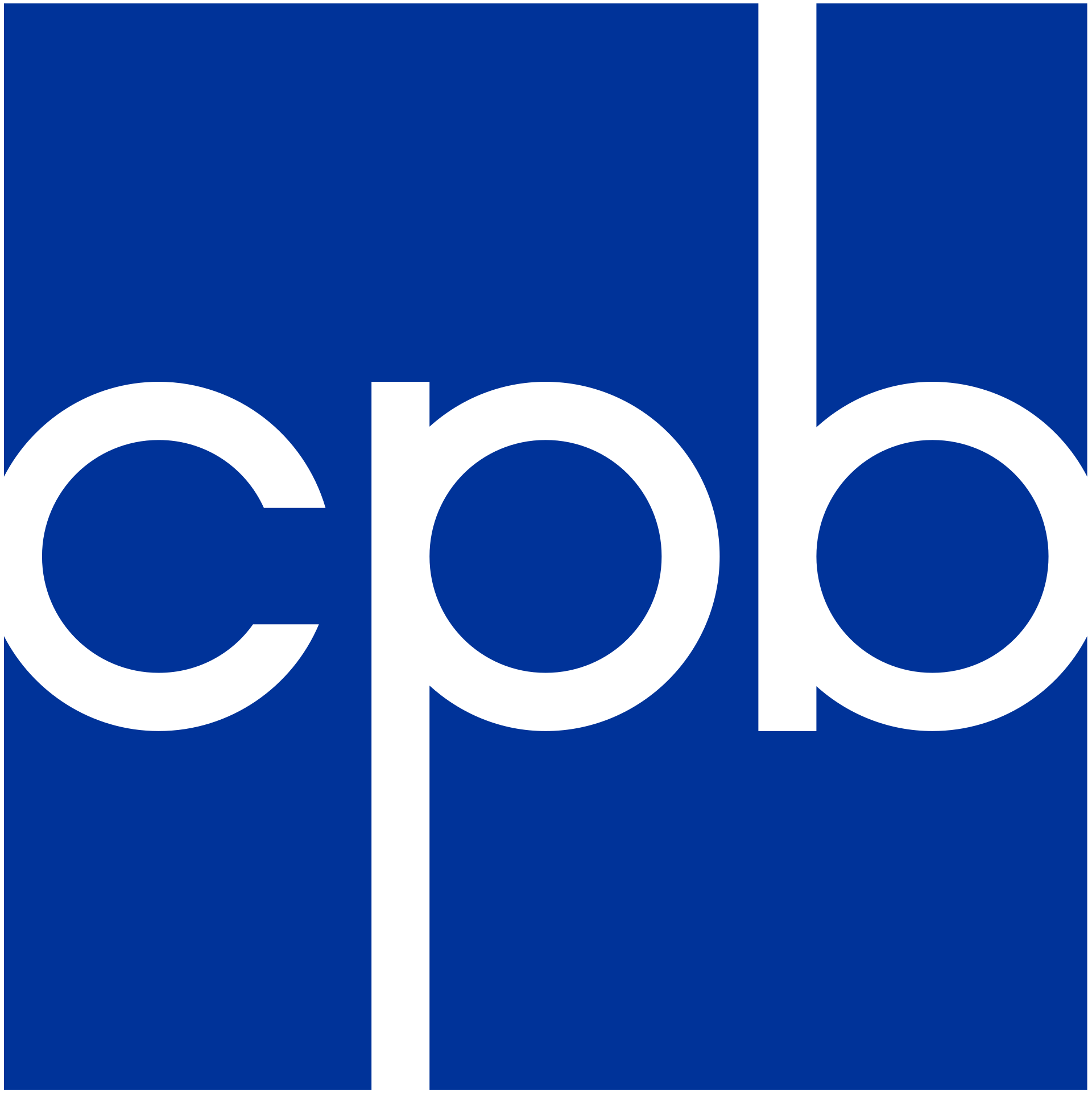In the American west we now have a year-round fire season and the California landscape is charred and the Central Valley sky is full of debris and smoke. Any firefighter will tell you that the challenge in fighting fires that start in the woodlands and grasslands of the west is not the natural features of the fire zone, but the man-made features.
In the 19th century cities burned. The close
proximity of their buildings, the use of easily combustible material,
non-existent or unenforced building codes, and the lack of quality fire
fighting equipment contributed to an endless string of tragic urban fires from sea to
shining sea. These experiences inspired new fire-fighting
technologies and strategies. They also inspired literature and songs. Today a city on fire is rare (the exception of course is Philadelphia where the police force has been known to use fire as a crime fighting tactic). Now its the wildland-urban interface that ignites. And that requires a
strategy that takes water and chemical resources away from extinguishing nature’s
fuel and re-directs them to protecting man-made fuel: the houses and personal
property now found in forested landscape and the extensions of suburbia that
creep and intrude into the open spaces surrounding western cities and towns. New community building codes and fire fighting strategies are developing. And new stories and songs are emerging.
Immediately after Paradise's Camp Fire, a few songs appeared on Youtube commemorating the tragedy that befell the residents of the songwriter's hometown. They are just the latest in a procession of songs inspired by historic fires. Perhaps the most well known is "Baltimore Fire," a mournful account of the time that Baltimore, Maryland went up in smoke in 1904.
Within a year of that devastating fire a song about it appeared in the 1905 edition of “Mowry’s Songster,” a songbook that was popular with professional musicians. The Mowry’s song was actually a new version of an older song “The Boston Fire” which was first published in 1873 and refers to the “Great Boston Fire” of 1872 which consumed 776 buildings across 65 acres and killed 30 people including 12 fire fighters. The earliest known recording of “Baltimore Fire” is by Charlie Poole & the North Carolina Ramblers in 1929. He had been performing since the nineteen-teens and probably found the tune in Mowry’s.
On February 7, 1904 at approximately 11:00 a.m. a fire was reported at the John Hurst & Company building in Baltimore. Its flames quickly spread to other buildings and blocks and within minutes it was clear that the fire was overwhelming the city's fire fighters.
“'Fire, Fire' I
heard the cry
From every breeze that passes by
All the world was one sad cry of pity
Strong men in anguish prayed
Calling out to heaven for aid
While the fire in ruin was layin’
Fair Baltimore, the beautiful city."
Within three hours the first fire fighters from other cities arrived on scene and not much later it was decided to resort to dynamiting the unburned buildings that surrounded the fire in order to remove potential fuel. Winds increased and this effort failed and the fire burned. Frigid temperatures also hindered the efforts. Washington, Philadelphia, Wilmington, and Atlantic City were just some of the communities that sent men and equipment. Eventually over 1,200 fire fighters were on the scene but most could only watch: Their hose couplings were the wrong size. They could not connect to Baltimore’s hydrants and the firestorm continued unabated. Finally, the fire fighters lined up 37 steam fire engines along a stream and pumped like mad, sending a wall of water up against the advancing blaze. 30 hours after the first flames ignited the last flames were brought under control.
Beneath the smoke smoldered the
remains of over 1,500 destroyed buildings. 70 city blocks, the major part of
central Baltimore
was gone. The losses were estimated at $150,000,000 but worse yet: 35,000
people were left without employment. If there was good news it was that there
were just 6 recorded deaths during the fire and according to the Baltimore
Sun only one of those was directly attributed to the flames and debris.
Much of the destroyed area was rebuilt within two or three years. Baltimore adopted a new building code that emphasized fireproof materials such as granite pavers. Pressure from the citizenry was great but the demands of insurance companies also contributed to the new focus on fire safety.
Along with a song another legacy of the Baltimore Fire of 1904 was that it served as the catalyst to develop standardized fire fighting equipment in the United States, especially for hose couplings. The earliest efforts at standardizing equipment can be traced back to the years immediately following the “Great Chicago Fire” of 1872 (famously - at least in legend - caused by the lantern kicked over by Mrs. Leary’s cow) which claimed 18,000 buildings and 300 lives. But there had been little progress between then and 1904. Following the Baltimore inferno however the National Fire Protection Association finally adopted nationwide standards for fire hydrants and hose connections. Unfortunately, today most cities have failed to implement the standards due to the cost of conversion and disagreements between various manufacturers who own patents on existing equipment….no company wants the other company’s equipment to become the standard. A century later the national standards are met by only a handful of the most highly populated U.S. cities: 18 of 48. This failure has been tragically costly.
In October 1991 football fans across
the country tuned in to watch a nationally televised bay area game and
witnessed the open space grasslands in the hills above Oakland ignite, burn and turn into a suburban firestorm that eventually killed 25
people and injured 150 others. 3,354 single-family homes and 437 apartment
and condominium units were lost. The economic loss has been estimated at $1.5
billion. In the final report on the
firestorm “incompatible hose couplings”
are cited as a contributing factor in the failure to control the fire. Oakland’s hydrants had 76
mm. couplings; the neighboring fire departments that had joined the fire fighting
effort had the standard 64 mm. Their hoses were useless: 87 years later and 3,000 miles away it
was Baltimore all
over again.
The post-fire analysis of the Camp Fire is underway and already recommendations are being made. To what extent they get implemented will decide the likelihood and severity of the next fire on the ridge. 100 years from now the legacy of the Camp Fire may be that the fire safety of Paradise and community's like it - on the wildland-urban interface - are greatly improved. Or it's legacy may just be some old sad songs on a YouTube playlist.
“Baltimore
Fire” has been recorded by Charlie Poole & the North Carolina
Ramblers, Hank & Shaidri Alrich, David Grisman’s Bluegrass
Band, The McGarrigles & the Wainwrights and others.
The Chico News & Review has created a YouTube "Camp Fire" songs playlist (tinyurl.com/AfterCampFire)
Sources: Inside Bluegrass, July 2005. Hank Alrich website: hankalrich.com
